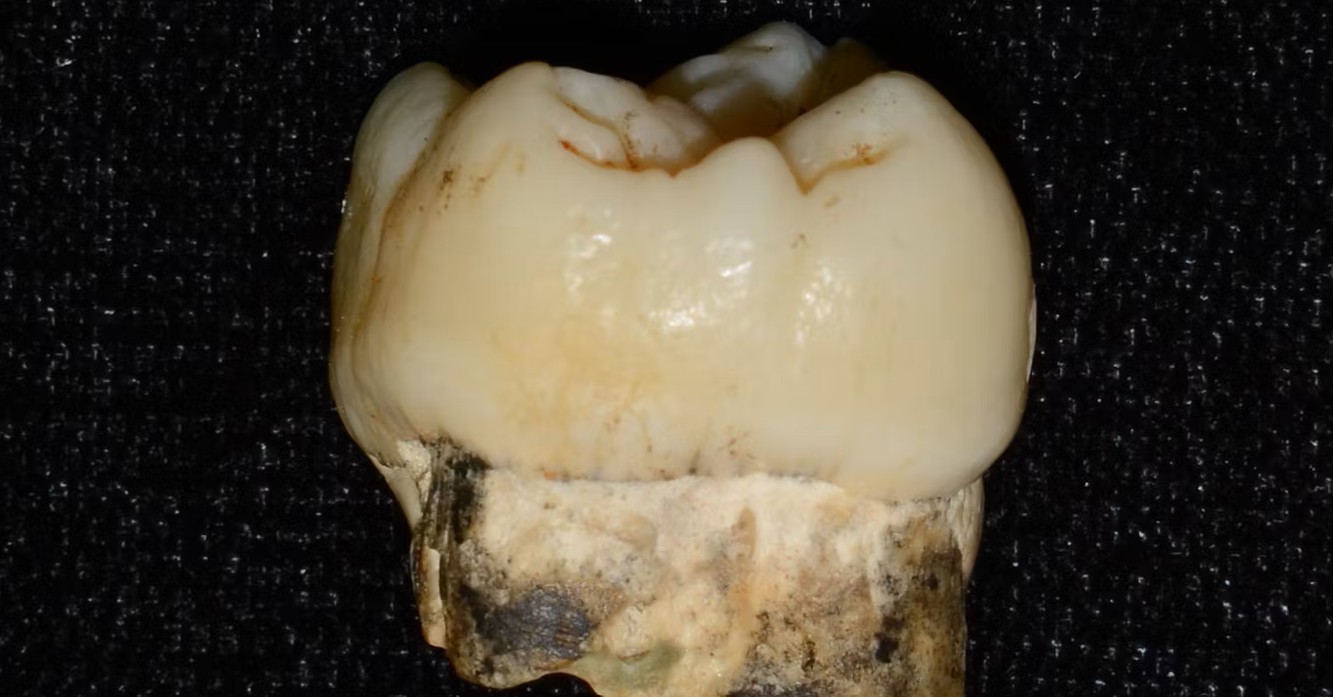Former DO loses Sh5 million, prime property to state in land grabbing case

The former administrator lost the tussle over the land to the Ethics and Anti Corruption Commission (EACC) which had sued him together with a hotel.
Former district officer (DO) Edward Mwangi Irungu has suffered a huge loss after the Environment and Land Court ordered him to surrender prime property located next to the State House in Mombasa and pay Sh5 million for illegally occupying the public land.
The former administrator lost the tussle over the land to the Ethics and Anti Corruption Commission (EACC) which had sued him together with a hotel - Minalove Hotel and Restaurant Limited - which bought the land from him, to recover the land.
More To Read
- Court dismisses EACC bid to block Sh20.5 million fire engine tender payment
- EACC recovers grabbed road reserve valued at Sh30 million in Nyali
- EACC opposes ODPP bid to drop UoN official’s Sh32 million graft case
- EACC recovers Sh35 million government land near Bungoma State Lodge after court orders eviction of developer
- EACC auctions first batch of Okoth Obado's properties, recovers Sh69 million
- EACC probing governors, county officials in 16 counties over multi-billion shillings graft claims
Lady Justice Nelly Matheka of the Mombasa High Court's Land Court division said that the EACC had proved that the suit property belonged to the government of Kenya.
Matheka said the EACC demonstrated that the property had been allocated for government staff housing vide a letter dated October 28, 1955, and until March 8, 1991, it was occupied as government staff house-quarter.
Irungu was illegally allocated the land by the then Commissioner of Lands Wilson Gachanja.
The judge said Irungu failed to prove that he was legally entitled to the property as the EACC demonstrated to the court that the same was not available for alienation by the Commissioner of Lands.
"The 4th defendant (Gachajha) had no authority to alienate the suit property to the 1st defendant (Irungu) as he purported to do, as it was the preserve of the president. Gachanja had no authority to issue a grant under the Government Lands Act, nor could he pass any registerable title under the Registered Land Act," stated Ms Matheka.
"It is the finding of this court that the government of Kenya was the original owner of the property hence no further title could be issued to a private individual as the (Irungu).
"Therefore, the issuance of allotment dated 18th March 1997 and the subsequent certificate of lease dated 27th April 1998 was irregular and a nullity from the start."
The judge noted that Irungu admitted to having worked in the government as an administrator for 43 years starting as a district officer and interestingly, he worked in Mombasa between 1995 and 1998 when he had the suit property allocated to him.
"He also admitted that when he was issued with the letter of allotment there was a government house, the property bordered the former provincial commissioner's residence," the judge said.
"It is therefore clear to this court that (Irungu) was aware that the suit property was government land and was unavailable for alienation to himself or any other private person.
Matheka said Irungu's allegation that he made during cross-examination that there was a policy of disposing of government property "is unfounded, irregular in law and cannot stand to support his claim in the suit property".
The property was worth Sh20 million a decade ago when a valuation was done.
The valuation report completed on September 4, 2014 states that there is an incomplete three-storey building and a double-storey outbuilding on the property.
EACC had sued Irungu seeking Sh20 million from him as compensation for denying the government an opportunity to use its land since April 27, 1998.
Others sued by the EACC in the case include the Equity Bank and Gachanja.
Equity Bank was sued because a party in the case had used the property's title to secure a loan.
Justice Matheka said that although the bank did not participate in the case, it may not have been privy to the fraudulent transactions (in the land) but failed to undertake proper due diligence.
"They ought to have gone beyond an official search from the land registry, maybe a search at the Department of Survey of Kenya, that would have led them to discover that the property is oddly sandwiched by government land," stated the judge.
"That is a legal obligation they took lightly, they did not look beyond a mere search and for that, it has cost the charge they sought to secure."
Top Stories Today












































